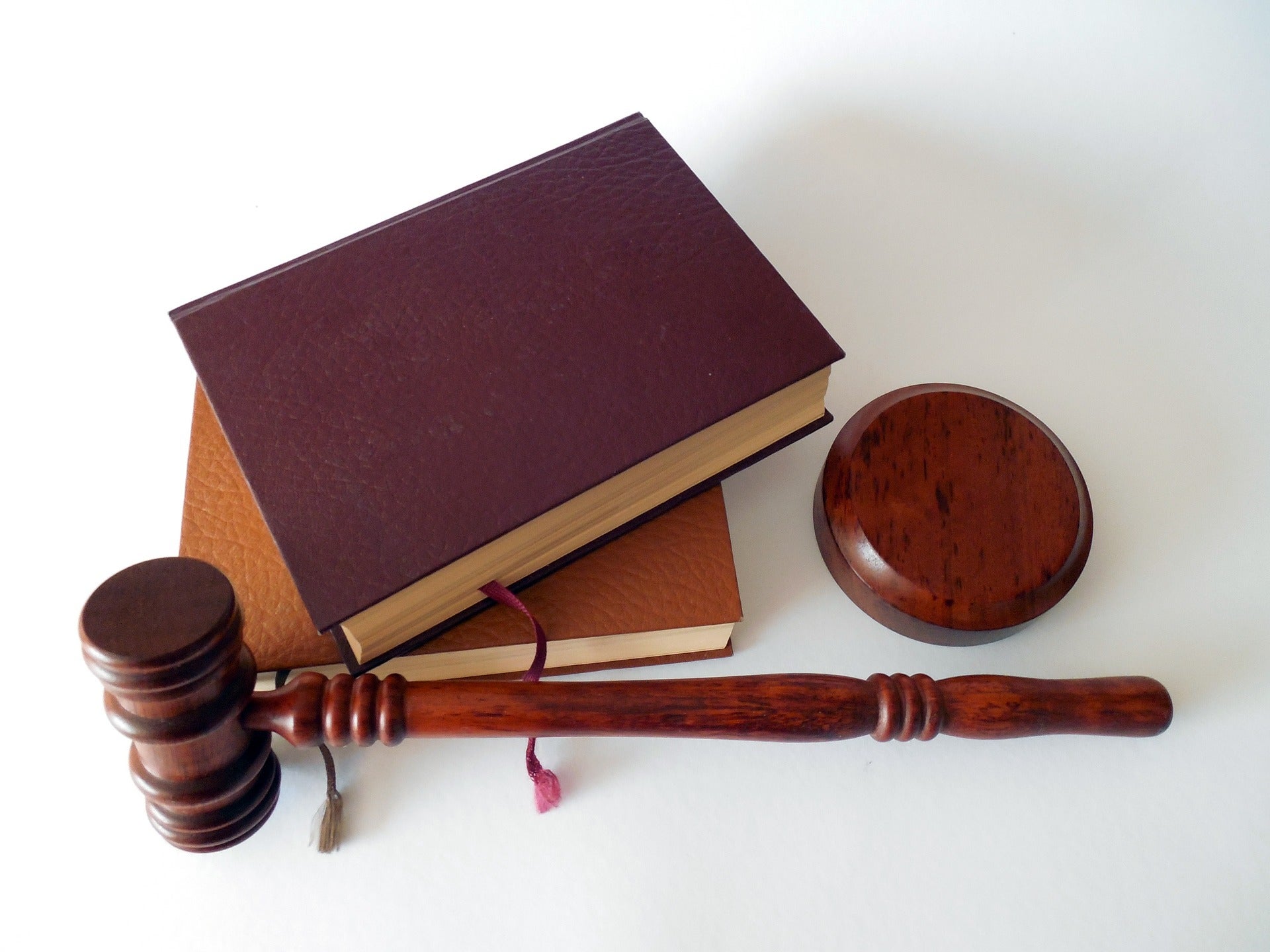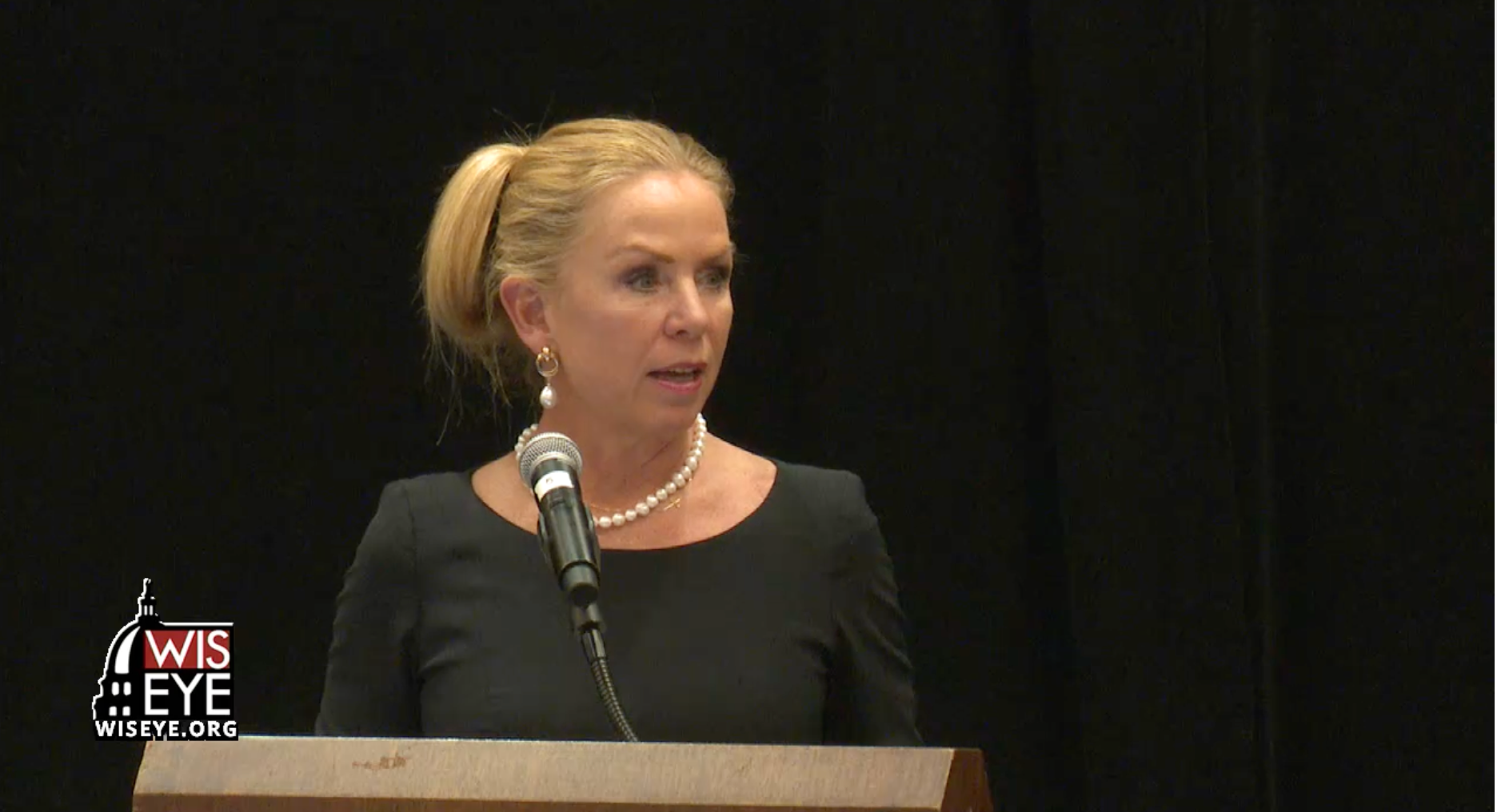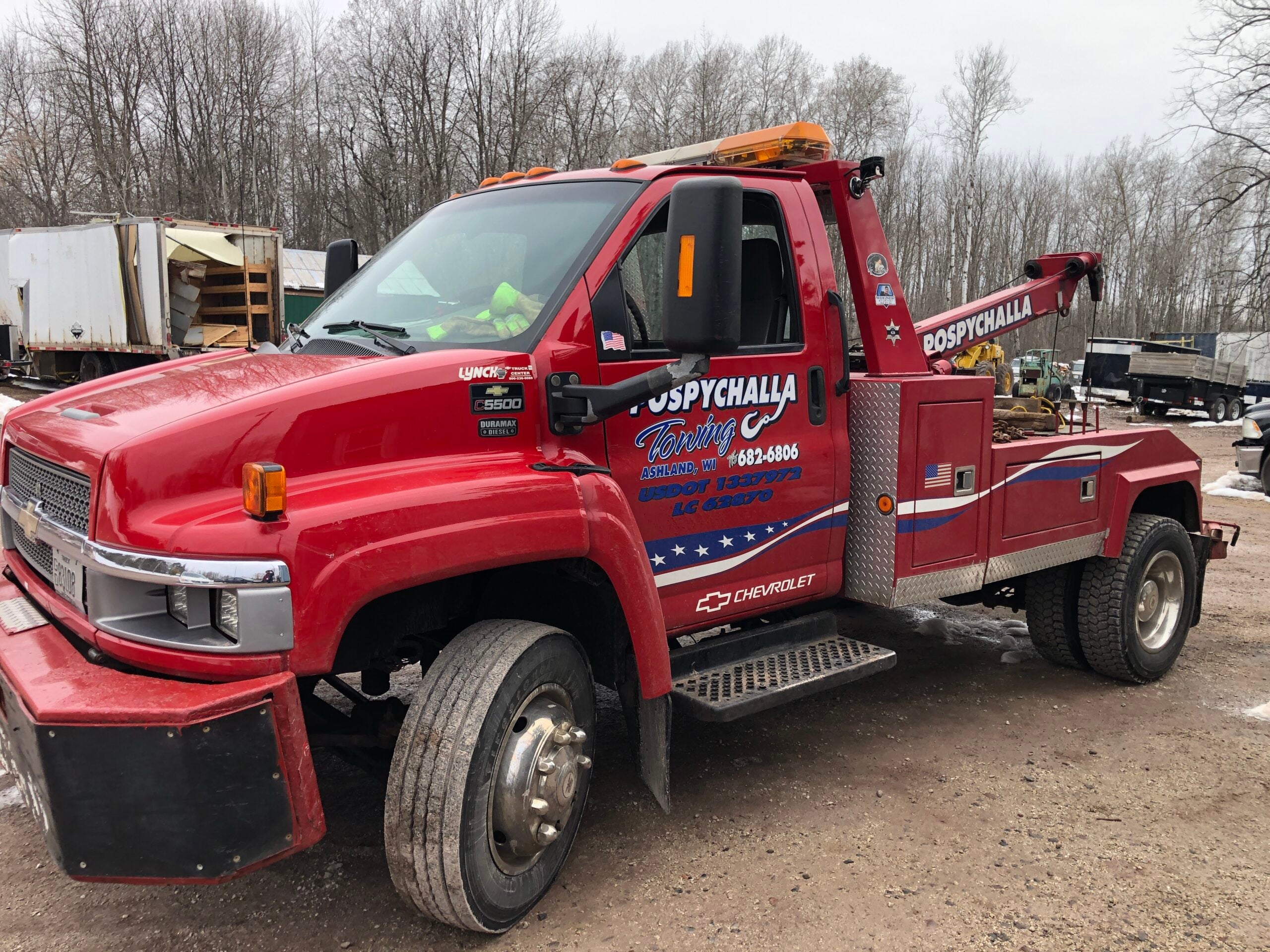Most of us don’t need to consult a lawyer very often. But when we do, how do we find one? We talk with an experienced attorney about what to look for when choosing someone to represent you. He also takes general law questions.
Featured in this Show
-
How To Find An Attorney That Fits Your Needs
Most people don’t need a lawyer very often, but there are some circumstances where it’s a good idea to have one. So how do you decide if you need legal representation? According to an attorney, if you need to ask, then you probably do.
“If you get to a point where you say, ‘I just don’t feel good about this,’ it’s probably a good idea to get a lawyer,” said attorney J. Michael Riley. “You should think about what you have at stake, and if what you have at stake is significant to you and there are legal issues involved, you should at least think about calling a lawyer for advice.”
Riley said most lawyers are willing to talk with you on the phone and give a little advice without expecting a fee or to be hired.
So once you decide you need a lawyer, how do you find the right one for you?
Riley said one resource you don’t want to use is advertising or brochures.
“It’s just not a good way to find a lawyer,” he said. “I’m not saying I’d never hire someone that does that, I will say it isn’t the best way to do it.”
He recommends the following resources:
- Ask a lawyer — Most lawyers have a good idea of who’s reputable and good, said Riley, so if the lawyer you know doesn’t specialize in the area you need, he or she can usually help you find someone who does.
- Place of employment — Many companies have their own lawyer, and they can give you referrals for good lawyers specializing in the area you need.
- Martindale-Hubbell — The nationally recognized organization ranks lawyers based on peer ratings. “It’s worth looking there,” Riley said of Martindale-Hubbell. “That at least is a decent starting point. You know that other people have rated them and they are competent.”
- Law schools — Most law schools run legal clinics, and can be a great resource for civil cases, Riley said. Legal clinics are free or low-cost for those who can’t afford a lawyer.
- Local magazines — Regional magazines such M Magazine will feature lists of peer-rated attorneys. They are generally grouped by specialty, he added.
- State bar referral system — This is one resource, but Riley doesn’t recommend it as highly as the others because there isn’t as much screening.
- State public defenders — The attorneys represent clients in criminal proceedings who cannot afford an attorney. The attorneys are not for hire and are paid by the state.
Episode Credits
- Larry Meiller Host
- Jill Nadeau Producer
- Michael Riley Guest
Wisconsin Public Radio, © Copyright 2025, Board of Regents of the University of Wisconsin System and Wisconsin Educational Communications Board.





